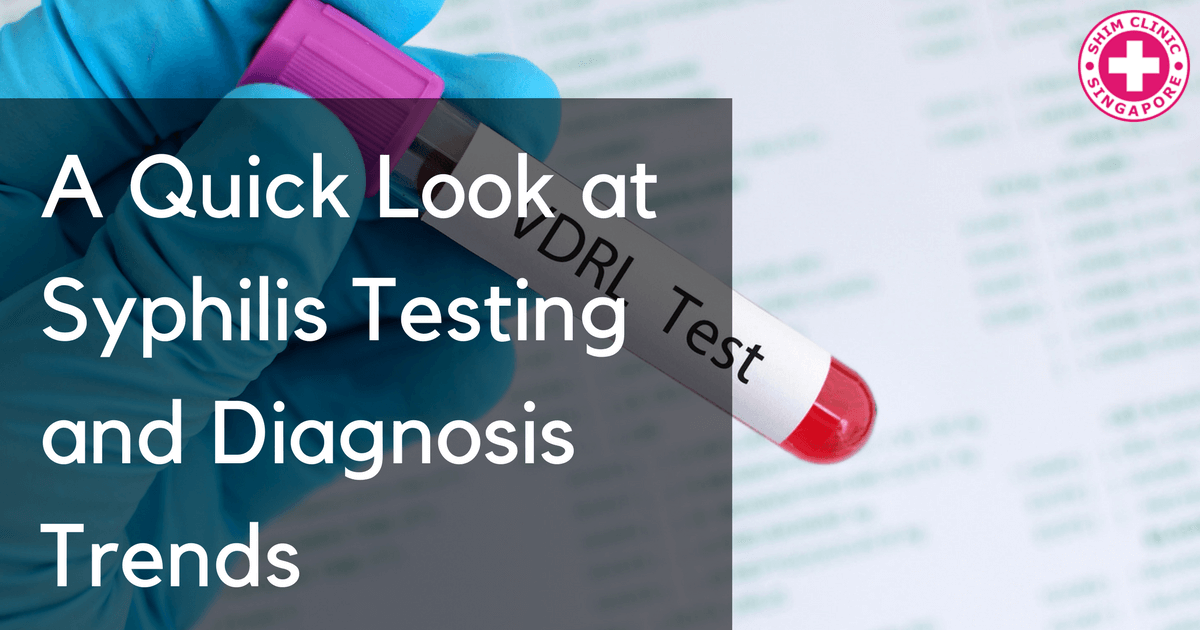Syphilis is a sexually transmitted infection caused by the bacteria Treponema pallidum. Syphilis can also spread from a mother to child during childbirth. This type of syphilis is known as congenital syphilis. It is possible to treat the STI in its early stages but the consequences may be irreversible if not treated.
The STI develops in for stages: primary, secondary, latent, and tertiary. Each stage has its own set of symptoms and signs. It is better for the infection to be detected during the first 2 stages as the damage then can be easily controlled. However, when detected at the last two stages, the damage caused may be irreversible.
Testing for Syphilis
There are several different types of testing for the STI. Testing may require a blood sample, tissue sample or sample of fluid from syphilis lesion. Blood tests are also used to check for antibodies while tissue and fluid tests check for the T pallidum bacteria.
It is important to note, therefore, that the fluid and tissue tests can only be done during the stages that include sores, that is, the latent, and tertiary stages. In addition, antibodies linger in blood for a period even after treatment which might give a positive result after treatment.
Antibody Tests (Serology)
Nontreponemal antibody and treponemal antibody tests are the two most common types of antibody testing. Any of them may be used for syphilis screening but a second test should be administered to confirm and diagnose active syphilis.
Nontreponemal Antibody Tests
These tests derive their name from the fact that they detect antibodies that are not specifically directed against the Treponema pallidum bacterium. These antibodies are produced when an individual has syphilis but also in several other conditions. Their non-specific nature increases the risk for false-positive results. Hence explaining why a positive result must be followed by a second more specific test. Nontreponemal antibody tests include:
- Rapid Plasma Reagin (RPR): This test involves measuring the level of antibody. The test is also important in confirming the presence of an active infection.
- Venereal Disease Research Laboratory (VDRL): This test is used to diagnose neurosyphilis.
Treponemal Antibody Tests
These blood tests are specific in nature and target the T. pallidum. If treponemal antibodies develop, they remain in the blood for life but in comparison, Nontreponemal antibodies disappear after about 3 years after treatment. Therefore, a positive treponemal screening must be followed by a Nontreponemal test to determine whether it is an active infection or one that occurred in the past. Treponemal antibody tests include:
- FTA-ATB (Fluorescent treponemal antibody absorption)
This test can be administered after 3-4 weeks of exposure. It can also be used to help diagnose neurosyphilis. - TP-PA (T. pallidum particle agglutination assay)
This test is sometimes done as an alternative to FTA-ATB due to its specific nature. - MHA-TP (Microhemagglutination assay)
This test is less commonly used but was used as a confirmation test. - Immunoassays (IA)
This test is used for screening purposes.
Direct Detection of Bacteria
Though these tests are less commonly used, they include:
- Darkfield microscopy
This test is used in the early stages of syphilis when there is suspicion of a syphilis score. - Molecular testing (polymerase chain reaction, PCR)
This test helps in detection of genetic material in the blood sample or sores sample.
If you suspect that you have syphilis or even if you just want to make sure you’re ok, seek help from an STI clinic to ensure that you get the right syphilis test for accurate diagnosis and treatment.

